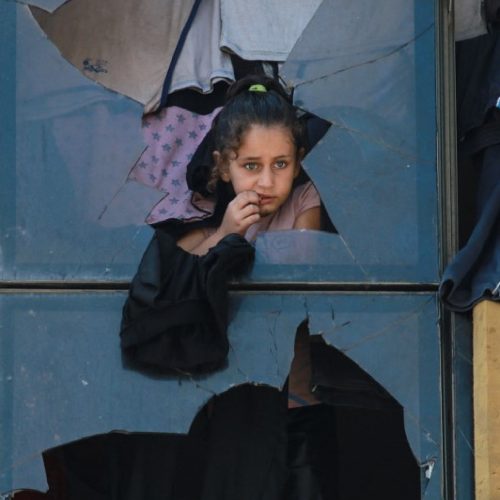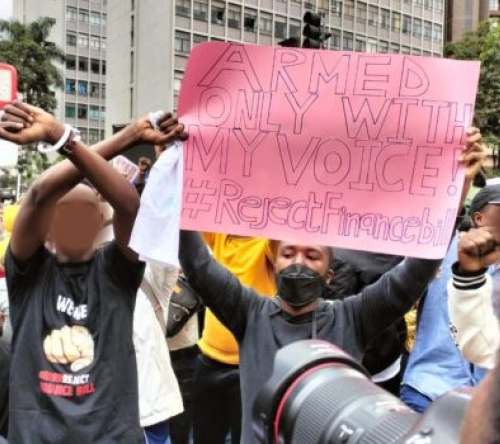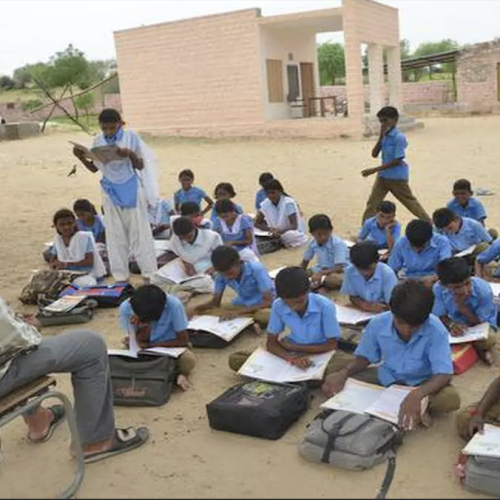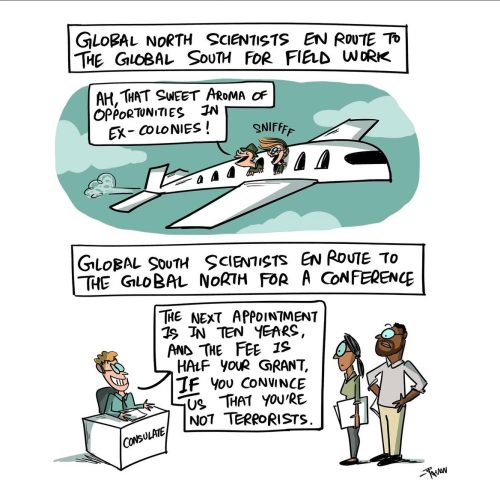September 13, 2022
[BOOKS] on Phantom Aid
“Phantom Aid” refers to the phenomenon where foreign aid is promised but not effectively delivered, often due to corruption, mismanagement, or other systemic issues. Here are recommended books to explore the topic more:
“The White Man’s Burden: Historical Origins of Racism in the United States” by Winthrop D. Jordan (1974)
-
- This seminal work offers crucial historical context on how racial perceptions have influenced foreign aid efforts, providing a foundation for understanding the complexities of aid dynamics.
“Dead Aid: Why Aid Is Not Working and How There Is a Better Way for Africa” by Dambisa Moyo (2009)
-
- Moyo’s powerful critique challenges conventional approaches to foreign aid, advocating for innovative strategies that promote self-sustaining economic growth in Africa.
“The Bottom Billion: Why the Poorest Countries are Failing and What Can Be Done About It” by Paul Collier (2007)
-
- Collier’s insightful analysis identifies key factors that keep nations in poverty and presents actionable policies to break the cycle, making it an essential read for development practitioners.
“The Road to Hell: The Ravaging Effects of Foreign Aid and International Charity” by Michael Maren (1997)
-
- Maren’s firsthand experiences shed light on the unintended consequences of well-intentioned aid, offering a critical perspective on the need for more nuanced and context-specific interventions.
“Aid on the Edge of Chaos: Rethinking International Cooperation in a Complex World” by Ben Ramalingam (2013)
-
- Ramalingam’s innovative approach emphasizes adaptability and complexity in aid efforts, providing a blueprint for more effective and responsive development strategies in dynamic environments.
“Poor Economics: A Radical Rethinking of the Way to Fight Global Poverty” by Abhijit V. Banerjee and Esther Duflo (2011)
-
- This Nobel Prize-winning work presents rigorous research on poverty alleviation, offering practical insights that challenge conventional wisdom and inform evidence-based development practices.
“The Great Escape: Health, Wealth, and the Origins of Inequality” by Angus Deaton (2013)
-
- Deaton’s comprehensive examination of global inequality and development provides critical context for understanding the complex interplay between health, wealth, and aid in shaping societies.
“Toxic Aid: Economic Collapse and Recovery in Tanzania” by Sebastian Edwards (2014)
-
- Edwards’ detailed analysis of Tanzania’s economic journey offers a cautionary tale on the potential pitfalls of aid dependency, emphasizing the need for well-informed and context-specific interventions.
“The Tyranny of Experts: Economists, Dictators, and the Forgotten Rights of the Poor” by William Easterly (2013)
-
- Easterly’s impassioned critique of top-down development approaches advocates for empowering local communities and respecting individual rights, providing a compelling argument for a more inclusive and accountable aid paradigm.
“The End of Poverty: Economic Possibilities for Our Time” by Jeffrey D. Sachs (2005)
-
- Sachs presents a comprehensive plan for eradicating extreme poverty through targeted foreign aid, offering concrete policy recommendations and a vision for a more equitable global future.
All books should be available free through your public library, including audio books.




